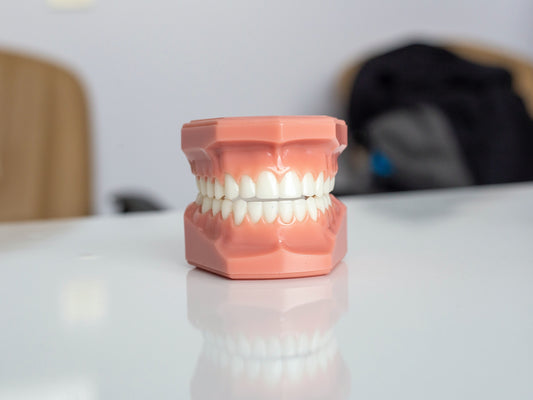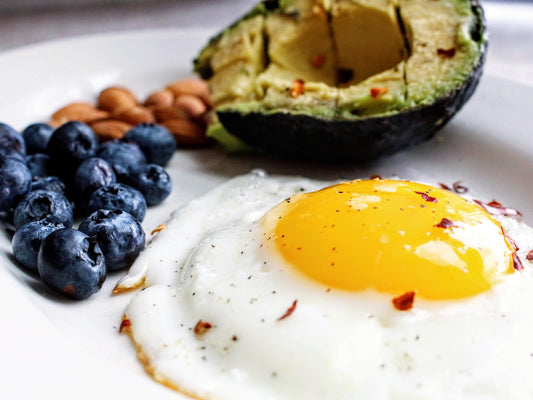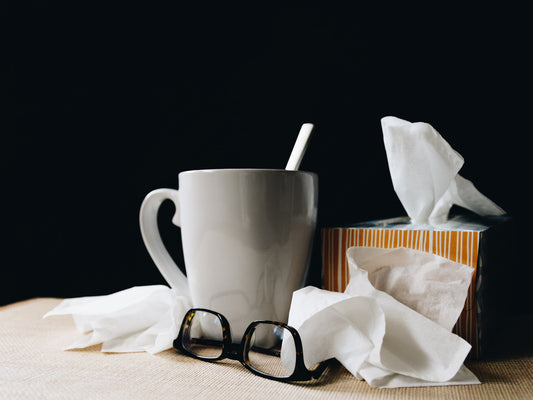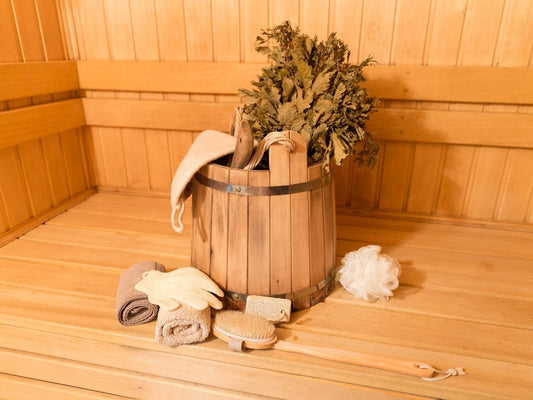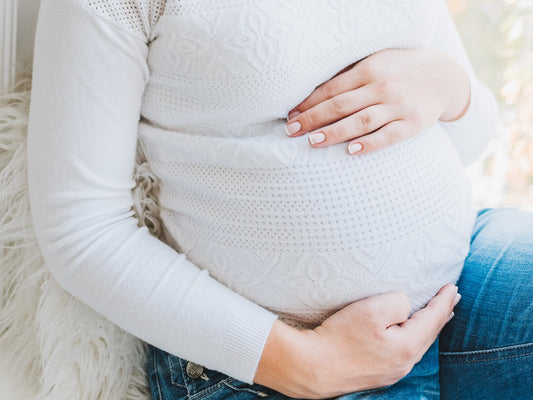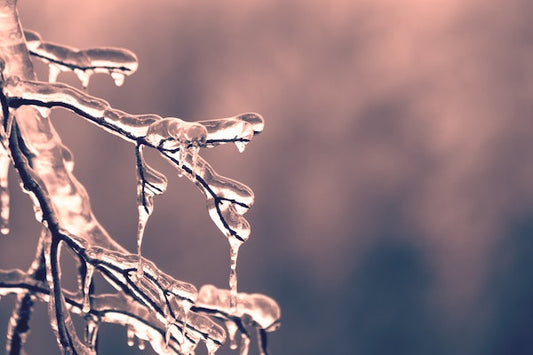Trying to lose weight can feel like an uphill battle, and the latest diet and exercise regime may not be helping. Often, we only look at the food we’re eating and ignore the other major part of our diet: the fluids that keep us hydrated. You may know how bad severe dehydration can feel. But let’s take a look at whether less extreme differences in hydration have an impact on weight loss.
1. Studies support a link between weight loss and hydration.

Several studies in both animals and humans suggest that weight loss, or maintaining weight loss after a diet, are improved with good hydration [1][2][3][4]. The studies appear to have different ideas about the effects hydration might have. But if you’re trying to lose weight, keep weight off, and stop “yo-yo-ing,” it might be worth thinking about your hydration status. Are you keeping yourself topped up with water and other hydrating fluids to really maximize your weight control efforts?
2. Drinking more water may increase weight loss by getting you to do more exercise.

Burning excess calories through exercise is always going to be a key part of any good weight loss program. Dehydration causes fatigue and feelings of low energy, which can make it hard to get up and moving. Multiple studies reported that dehydration was associated with reduced overall physical activity in certain subjects [2][4]. Hydration might be affecting not just the get-up-and-go of big exercise routines, but of all the little bits of activity we do throughout the day, which can add up to a significant amount over time!
3. Drinking more water may directly influence metabolism, helping you burn fat at rest.
Hydration really entails more than simple water intake; it involves keeping your electrolytes topped up as well. Electrolytes are healthy salts, such as those found in Hydrant, that contribute to normal functioning of your cells and tissues. Our bodies have evolved many mechanisms over time to respond to changes in fluid and salt levels. One study suggests that arginine vasopressin, a hormone that helps regulate blood pressure and fluid levels in the body, appears to directly affect our metabolism. Vasopressin seems to influence how much energy we use, and even how much fat we burn to do this [4]. Aside from this, simply drinking cool water will always provide a quick metabolism boost. After imbibing a liter of cold water, you’ll expend 33 kcal heating it up to body temperature, temporarily boosting your metabolism while staying hydrated.
4. Drinking more water might help us cut down on how much we eat, helping us keep the calories down.
Drinking water is a simple and easy way to help control cravings for snacks, nibbles, and feasts. Water, much like food, expands the stomach. Stretching the stomach wall sends fullness signals, via the nervous system, back to the brain, helping to suppress hunger [5]. So keeping yourself well hydrated and topped up with water mimics some of the signals that stop you snacking and eating after a meal. This is already exploited by several very low-calorie high-fiber foods for weight loss; but whereas those foods may cause indigestion, water does not.
5. Actively monitoring your water intake might improve the effects of hydration on weight loss even further.
We’ve all been reminded to drink more water and keep hydrated to stay on top of our game. However, it’s often hard for us to keep track of how much water we drink. One study found, though, that daily self-monitoring of water intake was especially beneficial [6]. Keeping track of your hydration might be the key to maximizing the beneficial effects of hydration on weight loss. So to make the most of your weight loss efforts, be sure you’re keeping track of how many glasses of water you’re having, and top yourself up if you’re lagging behind.
6. Switching out water for other drinks might help keep those hunger pangs down during weight loss.
 Water is great for being a calorie-free, cheap, and easy way to fill yourself up and distract your stomach during weight loss. However, there’s more to feeling full than weight in the stomach, and water alone won’t make your body believe you’re eating a meal. Some evidence suggests that replacing water with low-calorie/no-calorie sweetened drinks might benefit weight loss even more than water alone. This effect could be from low-calorie sweeteners tricking the other “meal sensors” in our body, helping to reduce feelings of hunger and improve weight loss [7].
Water is great for being a calorie-free, cheap, and easy way to fill yourself up and distract your stomach during weight loss. However, there’s more to feeling full than weight in the stomach, and water alone won’t make your body believe you’re eating a meal. Some evidence suggests that replacing water with low-calorie/no-calorie sweetened drinks might benefit weight loss even more than water alone. This effect could be from low-calorie sweeteners tricking the other “meal sensors” in our body, helping to reduce feelings of hunger and improve weight loss [7].
Our bodies evolved over thousands of years to survive with unreliable food and water supplies. These adaptations may have been great for keeping us alive in the past, when we needed to eat as much as possible when food was available, but might not provide much value in 2019 when food is plentiful. In fact, they may even be causing excess weight gain. However, understanding how hydration plays such a big part in weight loss helps us try and overcome the urge to overeat, maximizing control of our weight.
N.B.: Excessive consumption of water and excessive weight loss can both be dangerous. If you feel unwell or are concerned about your weight or the weight of someone else, please contact a healthcare professional.
Writer: Alex Rowe
Editor: Teddy Angert
References
[1] Most, J., Gilmore, L. A., Smith, S. R., Han, H., Ravussin, E., & Redman, L. M. (2017). Significant improvement in cardiometabolic health in healthy nonobese individuals during caloric restriction-induced weight loss and weight loss maintenance. American Journal of Physiology-Endocrinology and Metabolism, 314(4). doi:10.1152/ajpendo.00261.2017
[2] Chang, D. C., Basolo, A., Piaggi, P., Votruba, S. B., & Krakoff, J. (2019). Hydration biomarkers and copeptin: relationship with ad libitum energy intake, energy expenditure, and metabolic fuel selection. European journal of clinical nutrition. doi:10.1038/s41430-019-0445-6
[3] McKay, N. J., Belous, I. V., & Temple, J. L. (2018). Increasing water intake influences hunger and food preference, but does not reliably suppress energy intake in adults. Physiology & behavior, 194, 15-22. doi:10.1016/j.physbeh.2018.04.024
[4] Cameron, K. M., Morris, P. J., Hackett, R. M., & Speakman, J. R. (2011). The effects of increasing water content to reduce the energy density of the diet on body mass changes following caloric restriction in domestic cats. Journal of animal physiology and animal nutrition, 95(3), 399-408. doi:10.1111/j.1439-0396.2010.01107.x
[5] Paintal, A. S. (1954). A study of gastric stretch receptors. Their role in the peripheral mechanism of satiation of hunger and thirst. The Journal of physiology, 126(2), 255-270. doi:10.1113/jphysiol.1954.sp005207
[6] Akers, J. D., Cornett, R. A., Savla, J. S., Davy, K. P., & Davy, B. M. (2012). Daily self-monitoring of body weight, step count, fruit/vegetable intake, and water consumption: a feasible and effective long-term weight loss maintenance approach. Journal of the Academy of Nutrition and Dietetics, 112(5), 685-692. doi:10.1016/j.jand.2012.01.022
[7] Peters, J. C., Wyatt, H. R., Foster, G. D., Pan, Z., Wojtanowski, A. C., Vander Veur, S. S.,Herring, S. J., Brill, C., Hill, J. O. (2014). The effects of water and non-nutritive sweetened beverages on weight loss during a 12-week weight loss treatment program. Obesity, 22(6),1415-1421. doi:10.1002/oby.20737.














